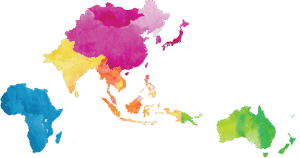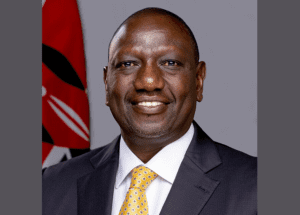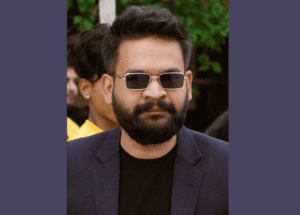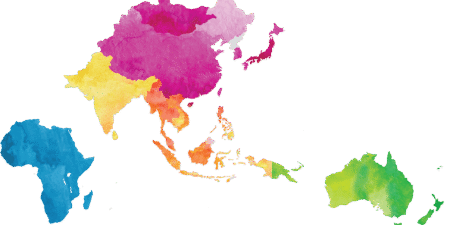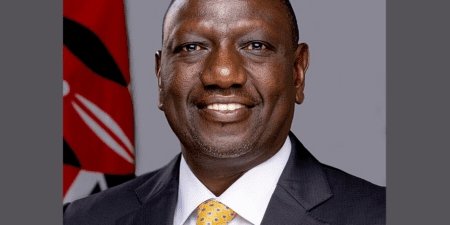
Senegal Charts Path to Economic Sovereignty and Sustainable Development

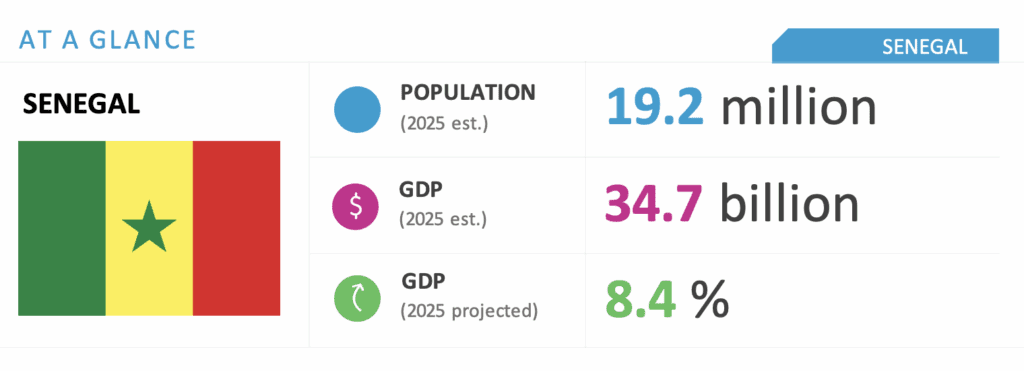
WHAT YOU NEED TO KNOW
- Senegal is undergoing a major economic transformation fueled by its oil and gas resources. Production at the Sangomar oil field began in June 2024, reaching 3.1 million barrels in March 2025. The goal is to achieve 30.5 million barrels for the entire year. At the same time, the Greater Tortue Ahmeyim gas project, developed in collaboration with Mauritania, is expected to begin its first exports in the second half of 2025.
- The government has launched a national strategic plan for the 2025-2029 period, aimed at strengthening economic sovereignty, improving access to electricity and promoting territorial development. The plan, with an estimated cost of XOF 18.5 trillion ($32.1 billion), will be financed through public-private partnerships and bonds targeted at the diaspora.
ON THE HORIZON
- The government plans to submit bills to Parliament aimed at reducing presidential powers and strengthening democratic institutions.
- Officials intend to renegotiate contracts in the energy, mining and fisheries sectors to ensure a fairer distribution of profits.
- France has begun the process of withdrawing its military bases from Senegal, handing over two bases in Dakar in March.
- A peace agreement was signed in February with a faction of the separatist Movement of Democratic Forces of Casamance, but challenges remain in achieving lasting peace in the region.
- The government plans to officially launch the first initiatives of the Senegal Agenda 2050, its long-term development plan.
Senegal Market Overview and Forecast
Political Climate
Democratic Consolidation and Institutional Reforms
Senegal has embarked on a phase of major institutional reforms aimed at strengthening democracy and transparency following the election of President Bassirou Diomaye Faye in March. The government, led by Prime Minister Ousmane Sonko, enjoys a comfortable parliamentary majority, allowing it to implement its reform agenda.
Among the initiatives planned for the second half of 2025 are the submission to Parliament of bills aimed at reducing presidential powers and strengthening democratic institutions. The creation of a High Court of Justice to prosecute former officials accused of corruption and the implementation of decentralization policies to promote more effective local governance.
However, challenges remain, particularly in Casamance. A peace agreement was signed in February with a faction of the separatist Movement of Democratic Forces of Casamance, but tensions persist.
International Role
On the diplomatic front, Senegal maintains its status as a pivotal country in West Africa, playing an active role in the Economic Community of West African States, the African Union and regional stabilization initiatives. The country continues to be seen as a model of democratic stability and constructive diplomacy. At the same time, Senegal seeks to diversify its strategic partnerships beyond its traditional allies, notably toward Asia and the Gulf, as part of the economic ambitions outlined in Agenda 2050.
Macroeconomic Climate
Sustained Growth and Budgetary Challenges
Senegal is on track to become one of the fastest-growing economies in sub-Saharan Africa. According to the International Monetary Fund, economic growth is expected to reach 8.4 percent this year. It will be driven primarily by the start of hydrocarbon production, notably at the Sangomar oil field, which began production in June.
This expansion is also supported by fiscal reforms aimed at improving the efficiency of public spending and broadening the tax base. Inflation is projected at 2 percent this year, down from previous years, which should strengthen household purchasing power and support domestic consumption.
Nevertheless, the country faces budgetary challenges, with a projected deficit of 7.1 percent of GDP for the year, well above the 3 percent target. Public debt also remains high, reaching 99.7 percent of GDP at the end of 2023.
The macroeconomic outlook remains positive, supported by investments in infrastructure, energy and territorial development.
Investment Environment
Opportunities in Energy and the Circular Economy
The investment environment in Senegal is improving amid a stabilized political context and clear ambitions for economic transformation. The government, formed after the latest democratic transition, has demonstrated a clear commitment to reorienting economic policies toward greater sovereignty, sustainability and territorial inclusion. This is reflected in the continuous improvement of the business climate, supported by structural reforms and greater transparency in public action.
Energy: A Strategic and Attractive Sector
The energy sector is the main pillar of the country’s growth strategy for the coming years. The start of oil production at the offshore Sangomar field in June has positioned Senegal as a new player in West Africa’s oil industry. The cross-border Greater Tortue Ahmeyim gas project, shared with Mauritania, is expected to begin production at the end of the year, strengthening the regional dimension of Senegal’s energy supply.
The Senegalese government is also promoting the development of renewable energy, particularly solar (Bokhol power plant, Senergy projects) and wind power (Taiba Ndiaye wind farm), with a target of 30 percent renewable energy in the energy mix. The potential remains largely untapped but is increasingly attracting public-private partnerships, especially in rural areas.
Circular Economy: An Emerging Driver of Green Growth
To promote sustainable development and social innovation, Senegal is fostering the emergence of a circular economy based on waste recovery, the sustainability of local value chains and resource efficiency. Several pioneering initiatives illustrate this momentum. In Kaolack, the Domitexka textile factory has been revived with a production model that uses less water and energy, including short supply chains. In Thies, a small plastic recycling plant transforms waste into urban furniture, paving stones and construction materials, creating green jobs and inclusive income for vulnerable populations. The government is supporting the structuring of the organic waste recovery and composting sector, linked to agriculture.
The shift toward a circular economy is backed by a more supportive regulatory environment, including tax exemptions, easier access to land in special economic zones and calls for projects co-financed by international donors.
We will continue to keep you updated on developments in Senegal as they occur. If you have questions or comments, please contact BGA Senegal Senior Adviser Fabienne Diouf at fdiouf@bowergroupasia.com.
Best regards,
BGA Senegal Team

Fabienne Diouf
Senior Advisor, Senegal and Côte d'Ivoire
















